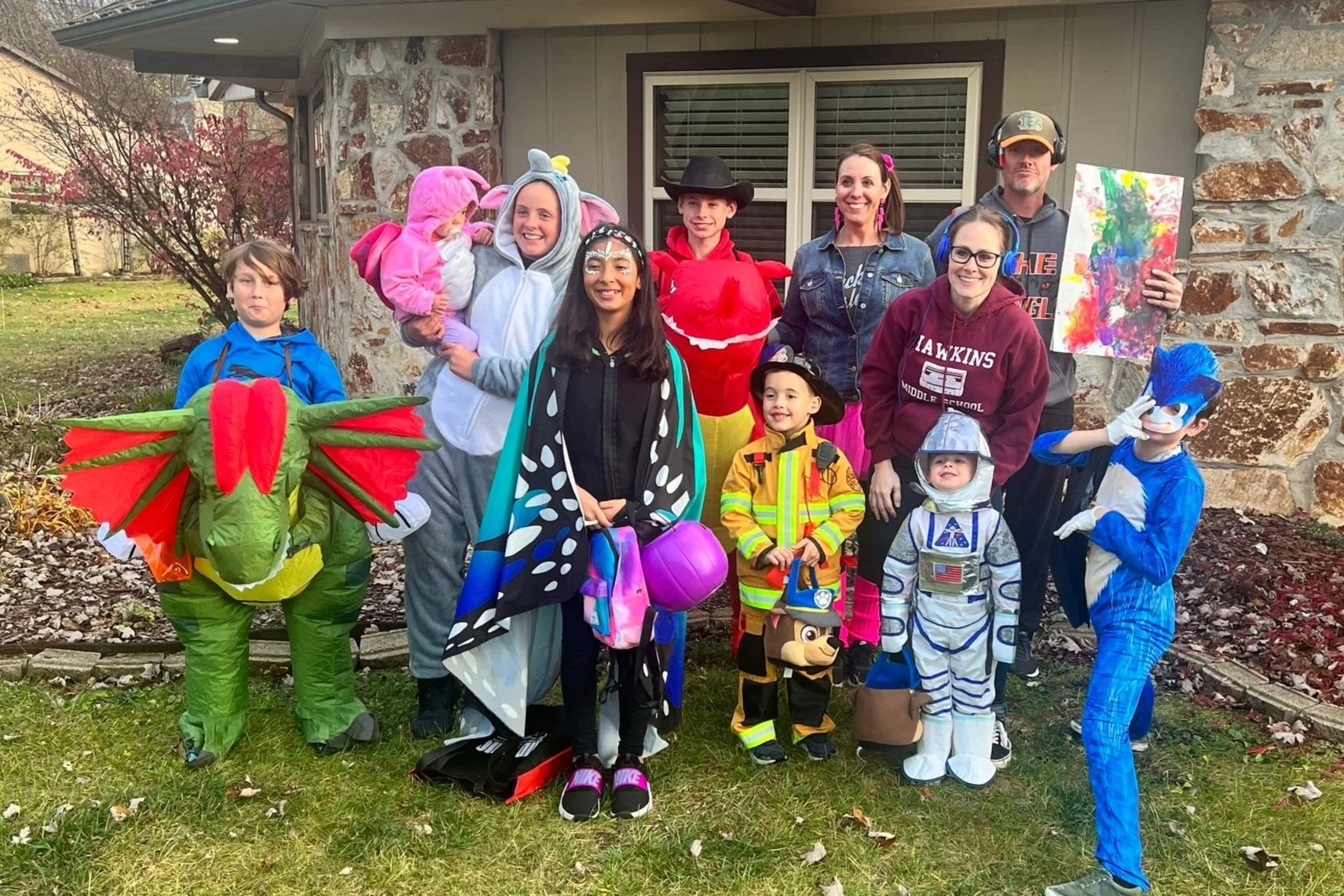Data Driven Decisions are Better
We went trick or treating as a family unit this year. It was great weather and likely one of our last before kids head to college. So the seven of us soaked up the experience and created memories together.
The car ride home lead to a creation of lists. Top 5 Halloween candies by family member. Some common themes on the lists like we all love candies with peanut butter and carmel. A few enjoyed Almond Joys, and a variety of M&Ms made the various lists.
But there was one outlier. Whoopers. One son put them on his list. Everyone else said that is ridiculous and disgusting. My comment was, who wants to eat chalk even when it is covered in chocolate?
He argued we were wrong and biased. That our taste buds lacked sophistication, but the world would agree with him.
This photo demonstrates the reality. This bag was full of a variety of candies. It was placed in a common public space accessible to hundreds of people.
Those people choose to eat every other type of candy except for whoopers. It wasn’t even like whoopers just got saved for last they sat in the bag for over a week uneaten.
It wasn’t that the choice was made to reluctantly eat them once they were the only candy that remained; a choice was made to just say no to whoppers.
When it comes to candy, my son was a dissenting voice, in this instance no consequence. But this would have been a big deal if he were in charge of buying the candy we passed out at our house because it would be whoopers for all and smiles for none.
The bigger picture
At work, in the absence of data, we will fall into the trap of letting an individual voice drive decisions. The voice is often accompanied by a bigger title or perceived expertise or a louder approach that enables them to “be heard” and get their way to win the decision. Why does this happen? Because without data preference and opinion determine what actions are taken (or not taken).
So what?
I get a lot of people admitting this happens but excusing away why they can’t get beyond this phenomenon. The details of their situations are unique, but they all end in the same outcome where the biggest business card gets what they want.
No matter the rationale people share, I provide them all with the same insight.
People aren’t stupid; they are just ignorant. Your job is to educate people towards better decisions. This matters because success at work, no matter what you do, is delivering the greatest impact possible.
Achieving success will at times require you to bring others out of their ignorance so that better decisions can be made together. To help educate others it is wisest to use data.
The goal of data isn’t to prove yourself right or another person wrong; it is to seek to understand and find the truth. So that you can …
Find the right problem so you can fix the problems, not settle for treating symptoms.
Find the right customer, so you can get people to actually use the product/solution/service of provide because they ezperience the benefits.
Find the right solution so that people see so much value they are willing to pay for it, and the experience is so good they tell others about it.
Conclusion
Your job exists to deliver impact, not win arguments. Data enables you to do both.
“New data = New decisions ”
Be the person who provides data and advocates for data-driven decisions because better data leads to better decisions and better decisions lead to better outcomes.
And keep in mind, people will only, in rare circumstances, be bold enough to ignore data in favor of preference. When that happens, the decisions made will not be successful, so you will be revisiting the issue in the future. At that time, you can dust off your data and try again. So data, even if ignored initially, won’t go to waste.
I created this guide for capturing data in a variety of situations using several approaches.


